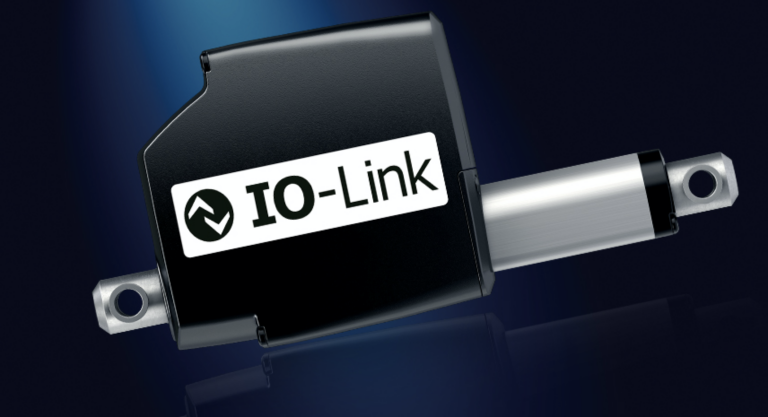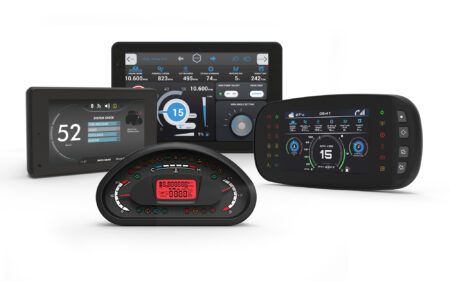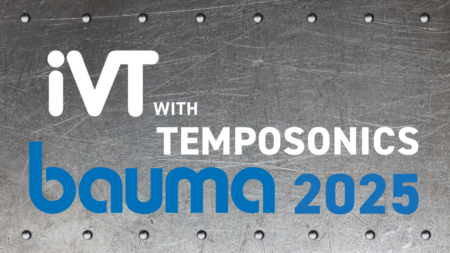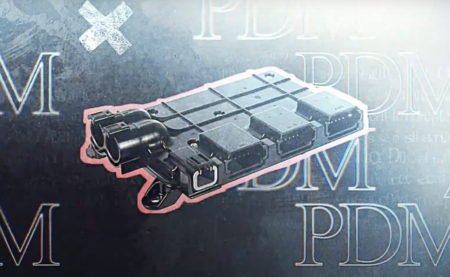In the world of factory automation, there is a constant desire to improve efficiency of machinery. Essentially, machine builders are looking for ways to do things smarter at a lower cost. Data is the key driver for that as countless components interact and support the industrial network with real-time information. One of the communication interfaces used in modern factories is IO-Link – a rapidly emerging protocol that is already popular in sensors and similar devices where it simplifies installation, configuration and diagnostics. To expand the IO-Link benefits to linear movement, Linak now – as the first in the world – launches an electric actuator with integrated IO-Link communication.
Compact and powerful: ideal for automated machinery
Linak has chosen the LA25 actuator to be the first with IO-Link compatibility, as it is both compact and powerful and thus an ideal fit for a broad range of applications within automated machinery. With all necessary electronics inside the actuator, both the integration into an IO-Link network and replacement are effortlessly done. This ensures maximum uptime along with the available status and diagnostics data that permit operators to react quickly to any event slowing down production. Finally, the actuator can be configured directly from the PLC control system as all other components on the network.
Customer inquiry leads the way for the IO-Link actuator
For Linak, the IO-Link journey started in the Swiss subsidiary when a customer made an inquiry for a linear movement solution for a packaging machine – preferably IO-Link compatible. This became the starting point for exploring the potential of IO-Link and collaborating with the customer in developing the new actuator.
“We found that several of our customers are already deploying machinery with IO-Link components and investigating the market, I too have witnessed a growing demand for this technology,” says Livio Patera, managing director at Linak Switzerland. “When the opportunity arose, it made great sense to co-develop a product together with the customer to test the capabilities of an IO-Link actuator.”





